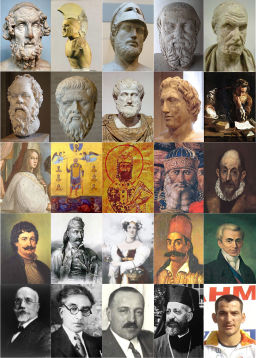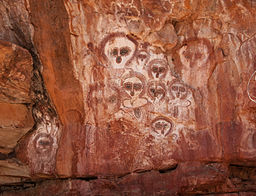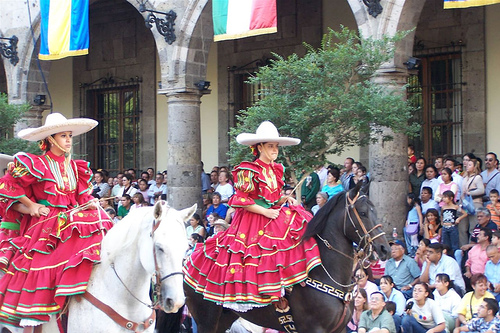
This Townley Caryatid depicts a woman with cereal motifs on her modius headdress, which is dressed to take part in religious rites, possibly fertility rites related to Demeter or Ceres.
In ancient Greek religion and mythology, Demeter is the goddess of the harvest and agriculture, who presided over grains and the fertility of the earth.
In ancient Roman religion, Ceres was a goddess of agriculture, grain crops, fertility, and motherly relationships.
The Townley Caryatid dates to the Roman era, of 140 AD, and is in the Neo-Attic style adapted from the 5th century BC Athenian artistry.
It is one of a group of five surviving caryatids found on the same site, arranged to form a colonnade in a religious sanctuary built on land fronting on the Via Appia. The sanctuary was probably dedicated to Demeter.
Pentelic Marble
This statue is made from Pentelic marble from Mount Pentelicus situated northeast of Athens, Greece.
Even since antiquity, Pentelic marble has been famous for its quality and was used for the construction of buildings on the Acropolis and other structures of ancient Athens.
The roadway used to transport marble blocks from the quarry to the Acropolis in antiquity was a continual downhill that followed the natural lay of the land.
Pentelic marble is flawless white with a uniform, faint yellow tint, which makes it shine with a golden hue under sunlight.
Today the ancient quarry is protected by modern law and used exclusively to obtain material for the Acropolis Restoration Project.
The word “marble” derives from the Ancient Greek “mármaron,” meaning “crystalline rock, shining stone,” and for Greek’s Pentelic marble held a special place and meaning as later Carrara marble was the highest quality for Roman’s and Italian artists.
Townley Caryatid
- Title: Townley Caryatid
- Date: 140-160 (circa)
- Culture: Roman
- Materials: Pentelic marble
- Dimensions: H: 2.2 meters
- Museum: The British Museum
Caryatid and column from the Erechtheion
Ancient Greece and Rome Collection – British Museum
- Marble figure of a Woman – Spedos Type
- The Parthenon Marbles
- The Parthenon Frieze
- Metopes of the Parthenon
- Pedimental Sculptures of the Parthenon
- The Erechtheion Caryatid
- Lion from the Mausoleum at Halicarnassus
- Bust of Pericles
- Aegina Treasure
- Townley Caryatid
- Bronze Statue of a Youth
- Thalia, Muse of Comedy
- Nereid Monument
- Sarcophagus of Seianti Hanunia Tlesnasa
- Lely Venus – Crouching Aphrodite
- Tomb of Payava
- Marble Portrait Bust of the Blind Poet Homer
Caryatid from the Erechtheion in Athens
Caryatid from the Erechtheion
~~~
“There is nothing permanent except change.”
– Heraclitus
~~~
Photo Credit: 1) JOM
Popular this Week








 Sponsor your Favorite Page
Sponsor your Favorite Page SEARCH Search for: Search Follow UsJoin – The JOM Membership Program
Sponsor a Masterpiece with YOUR NAME CHOICE for $5
Share this:
- Tweet
